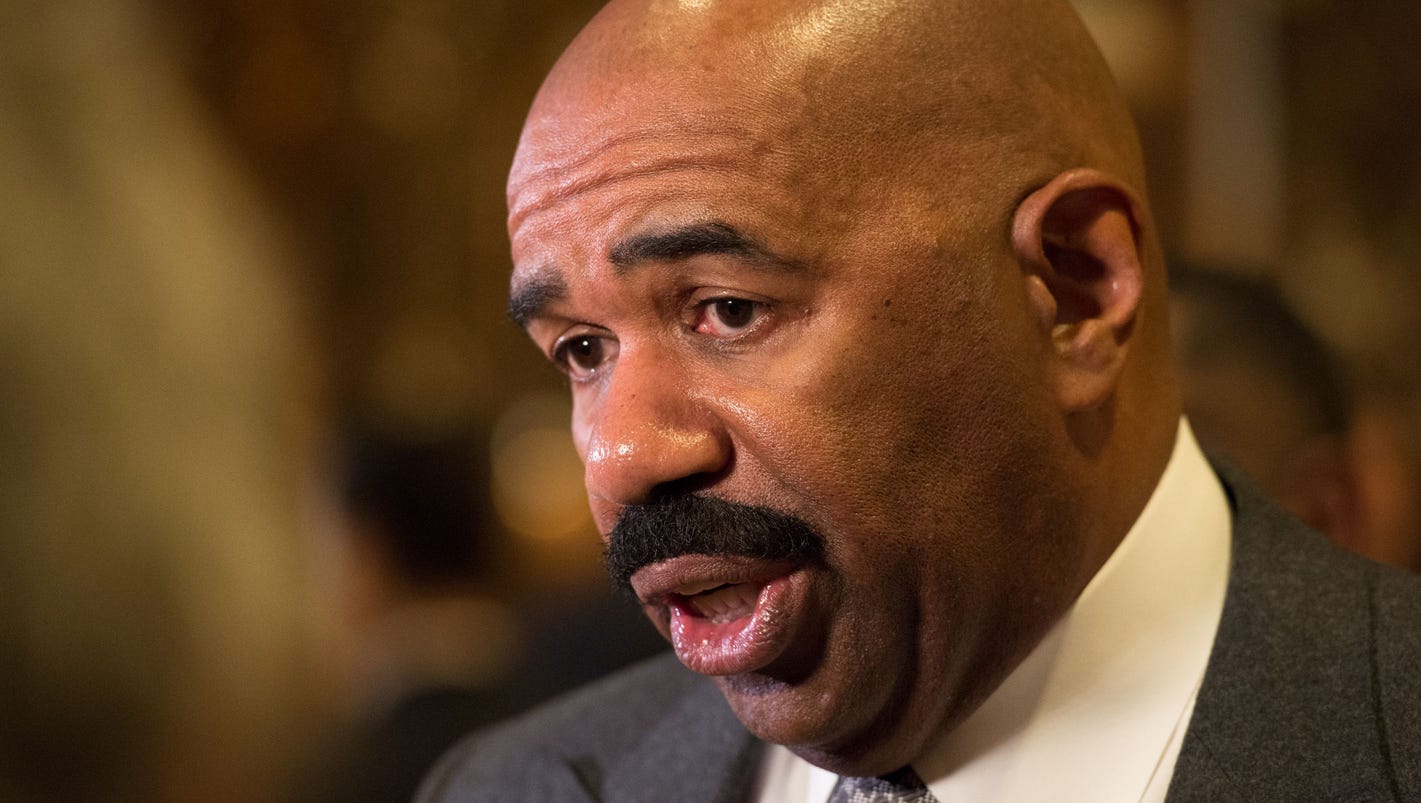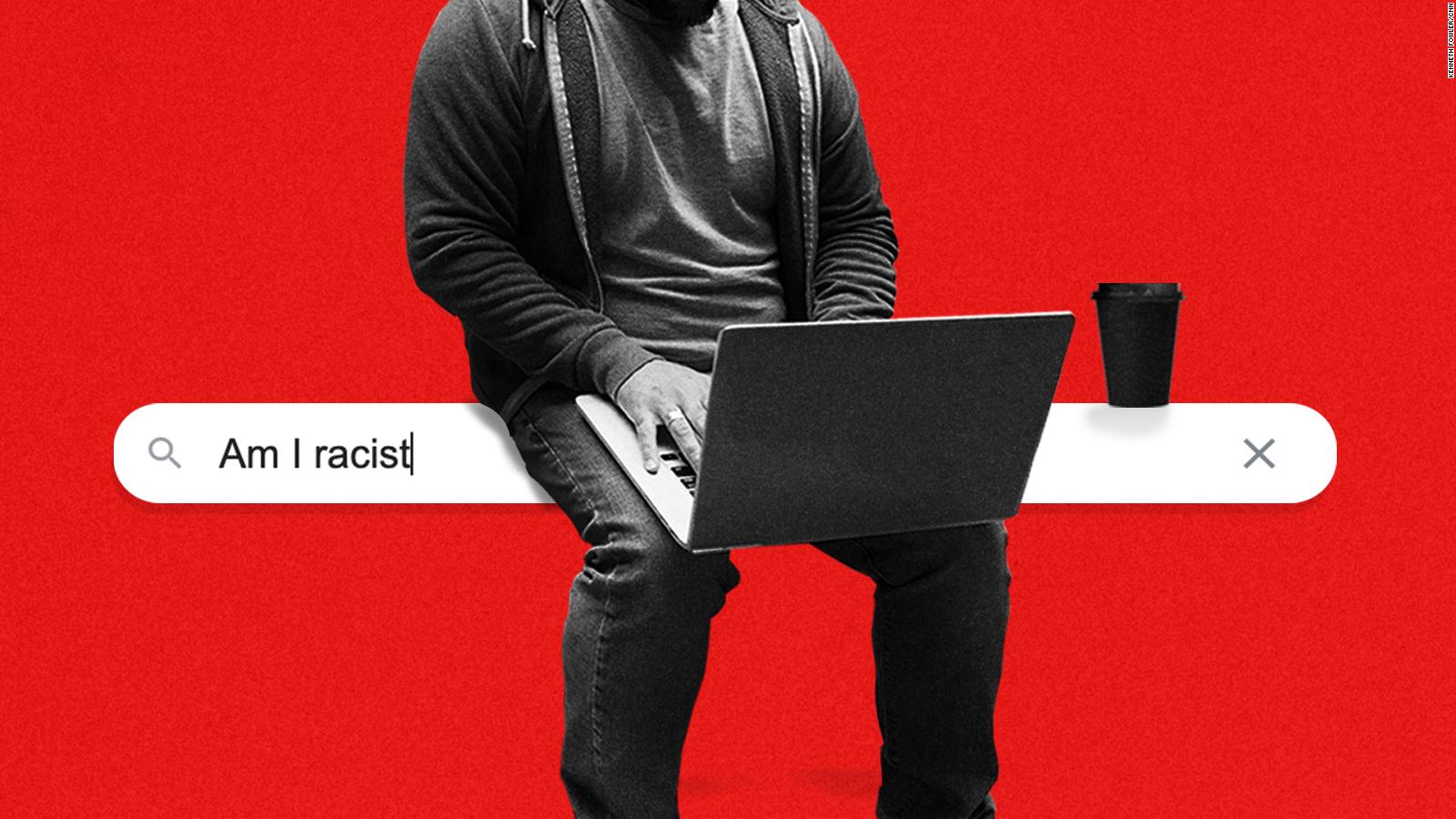Humor has always been a powerful tool for communication, but when it crosses the line into offensive territory, it raises significant debates. "Racist jokes" are a contentious topic, often sparking discussions about freedom of speech, cultural sensitivity, and the impact of humor on societal norms. While some argue that jokes are harmless and meant to entertain, others highlight how they can perpetuate stereotypes and fuel discrimination. The conversation surrounding these jokes is not just about humor but also about the ethical implications of laughter.
The term "racist jokes" refers to a genre of humor that centers on racial stereotypes or cultural differences. These jokes, while sometimes intended as lighthearted, can often come across as hurtful or offensive to the communities they target. Understanding the fine line between humor and insensitivity is crucial in today's diverse and interconnected world. With the rise of social media, discussions about what constitutes acceptable humor have become even more relevant, as jokes can go viral and reach audiences far beyond their original context.
In this article, we will delve into the complexities of "racist jokes," exploring their origins, societal impact, and the ongoing debate about their place in modern humor. By examining the historical context and cultural dynamics, we aim to provide a comprehensive understanding of this controversial topic. Whether you're a comedian, a social observer, or someone curious about the ethics of humor, this article offers valuable insights into the nuances of comedy and cultural sensitivity.
Table of Contents
- What Are "Racist Jokes"?
- Why Are "Racist Jokes" Controversial?
- Historical Context of "Racist Jokes"
- Can "Racist Jokes" Ever Be Harmless?
- Impact of "Racist Jokes" on Society
- What Do Psychologists Say About "Racist Jokes"?
- Should Comedians Avoid "Racist Jokes"?
- Legal Implications of "Racist Jokes"
- How Does Social Media Influence "Racist Jokes"?
- Examples of "Racist Jokes" in Popular Culture
- How to Respond to "Racist Jokes"?
- Can Humor Be Inclusive?
- Educating People About Racist Humor
- What Is the Future of "Racist Jokes" in Comedy?
- Conclusion: The Ethics of Humor
What Are "Racist Jokes"?
The term "racist jokes" refers to a specific category of humor that makes fun of individuals or groups based on their race, ethnicity, or cultural background. These jokes often rely on stereotypes or generalizations, which can be harmful or offensive. While some people use such jokes as a way to create laughter, others see them as a form of discrimination or prejudice in disguise.
Why Are "Racist Jokes" Controversial?
Racist jokes are controversial because they straddle a delicate line between humor and harm. For many, these jokes perpetuate negative stereotypes and reinforce societal divides. Others argue that humor is subjective, and the intention behind a joke matters more than its content. However, in a diverse society, such jokes often provoke outrage and spark debates about cultural sensitivity.
Historical Context of "Racist Jokes"
To understand the controversy surrounding "racist jokes," it's essential to look at their historical context. Historically, such jokes were often used to demean or marginalize certain communities. For instance, during the era of racial segregation, jokes about minorities were commonplace and reflected the prejudices of the time. Understanding this history helps to explain why many people view these jokes as offensive today.
Can "Racist Jokes" Ever Be Harmless?
This question often sparks heated debates. Some argue that jokes are merely a form of expression and are not meant to be taken seriously. Others contend that even seemingly harmless jokes can have a cumulative effect, reinforcing harmful stereotypes and normalizing discrimination. The context in which a joke is told and the intent of the person telling it are crucial factors to consider.
Impact of "Racist Jokes" on Society
The impact of "racist jokes" extends beyond mere laughter. Such jokes can normalize prejudice, reinforce stereotypes, and contribute to a culture of exclusion. On the flip side, some comedians use humor to challenge stereotypes and provoke critical thinking. The societal impact of these jokes depends largely on their content, context, and reception.
What Do Psychologists Say About "Racist Jokes"?
Psychologists have studied the effects of humor, including "racist jokes," on individuals and society. Research suggests that such jokes can desensitize people to discrimination and perpetuate implicit biases. On the other hand, humor can also serve as a coping mechanism for marginalized groups, allowing them to reclaim narratives and challenge stereotypes in a subversive way.
Should Comedians Avoid "Racist Jokes"?
The role of comedians in society is to entertain, but they also have a responsibility to consider the impact of their material. While some comedians argue for unrestricted freedom of speech, others choose to avoid "racist jokes" to foster a more inclusive environment. The decision ultimately depends on the comedian's values and their understanding of their audience.
Legal Implications of "Racist Jokes"
In some countries, "racist jokes" can have legal consequences, particularly if they are deemed to incite hatred or discrimination. Laws regarding hate speech vary widely, but comedians and individuals alike should be aware of the potential legal ramifications of their humor. Understanding these laws is essential for navigating the fine line between free speech and harmful speech.
How Does Social Media Influence "Racist Jokes"?
Social media has amplified the reach and impact of "racist jokes." A joke that might have been shared in a private setting can now go viral within hours, reaching a global audience. This increased visibility has led to more significant backlash against offensive humor, as well as greater accountability for those who share such jokes.
Examples of "Racist Jokes" in Popular Culture
Popular culture has a long history of incorporating "racist jokes," often to reflect or critique societal attitudes. From early films to modern stand-up comedy, these jokes have sparked both laughter and outrage. Analyzing examples from different eras can provide insights into how societal attitudes toward humor and race have evolved.
How to Respond to "Racist Jokes"?
Responding to "racist jokes" can be challenging, especially in social or professional settings. Strategies for addressing such jokes include calling them out, educating the person telling the joke, or choosing to disengage. The approach depends on the context and the relationship between the individuals involved.
Can Humor Be Inclusive?
Inclusive humor aims to entertain without alienating or offending any audience group. By focusing on shared experiences and avoiding stereotypes, comedians and writers can create humor that resonates with diverse audiences. Inclusive humor not only fosters connection but also challenges the notion that offensive jokes are necessary for comedy.
Educating People About Racist Humor
Education plays a crucial role in combating the normalization of "racist jokes." Schools, workplaces, and community organizations can provide resources and workshops to raise awareness about the impact of such humor. By fostering dialogue and understanding, education can help create a more inclusive society.
What Is the Future of "Racist Jokes" in Comedy?
The future of "racist jokes" in comedy is uncertain, as societal attitudes continue to evolve. While some comedians may cling to traditional forms of humor, others are exploring new ways to entertain without relying on stereotypes. The growing demand for inclusivity and sensitivity in entertainment suggests that the comedy landscape will continue to change.
Conclusion: The Ethics of Humor
The debate over "racist jokes" highlights the broader ethical questions surrounding humor. While comedy has the power to bring people together, it also carries the responsibility to avoid causing harm. By understanding the impact of our words and considering the perspectives of others, we can create a more inclusive and respectful environment for humor.


Detail Author:
- Name : Alfred Schumm
- Email : nschinner@hotmail.com
- Birthdate : 1987-07-05
- Address : 2953 Gunner Pines Apt. 962 Coleburgh, AL 99121-3794
- Phone : 731-696-9415
- Company : Ortiz-Roberts
- Job : Audio and Video Equipment Technician
- Bio : Quam asperiores autem autem suscipit non recusandae. Delectus dolore qui quis blanditiis fugit sed alias aspernatur. Quis aut maxime in. Aperiam expedita et et voluptatem.